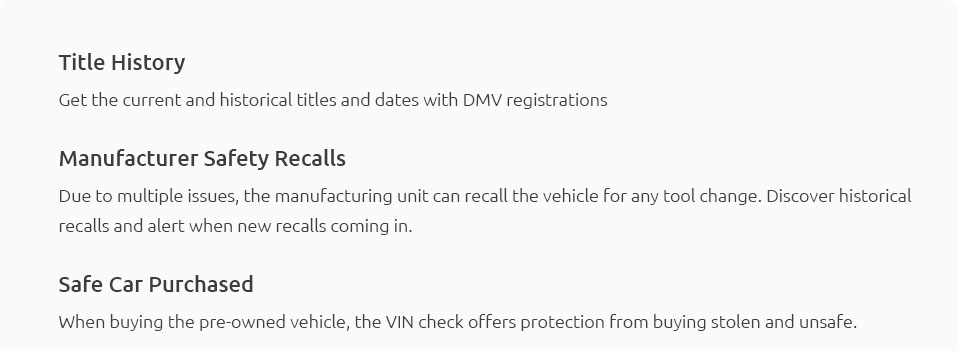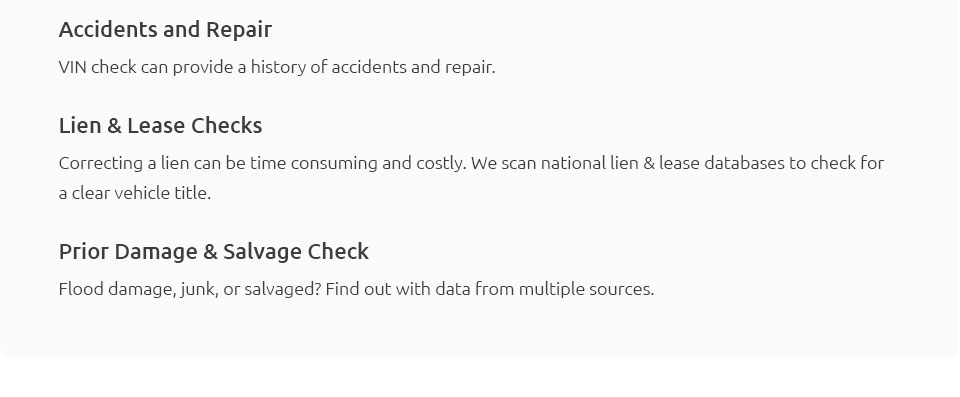 |
 |
 |
 |
 |
||
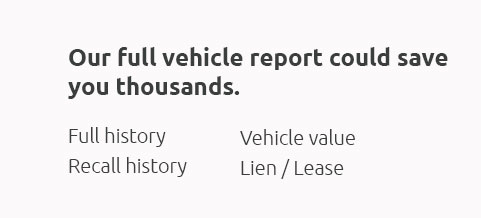 |
 |
|
 |
 |
|
 |
 |
 |
 |
||
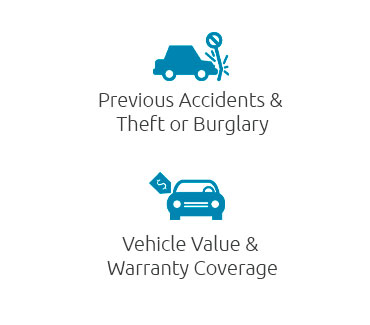 |
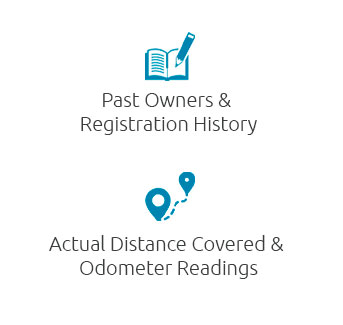 |
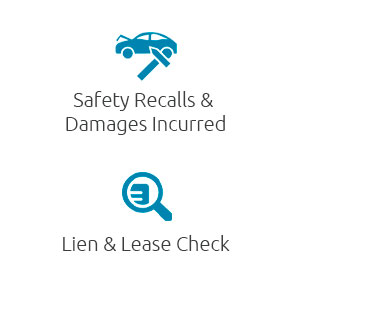 |
 |
 |
 |
||||
|
||||
 |
 |
The Complete Beginner’s Guide to Searching a Mobile Home VIN NumberIn the labyrinthine world of mobile homes, identifying a specific unit can sometimes feel like a daunting quest. The key to unlocking this mystery often lies in understanding the Vehicle Identification Number (VIN)-a unique code that serves as the fingerprint of the mobile home. While VIN numbers are widely known in the automotive industry, their significance in the mobile home market is equally critical, albeit less publicized. This guide aims to shed light on this essential identifier, offering a roadmap for those who are new to the intricacies of mobile home identification. First and foremost, it is important to grasp what a VIN number truly is. Essentially, a VIN is a 17-character string composed of both numbers and letters that provides a wealth of information about a vehicle, or in this case, a mobile home. This code can reveal details such as the manufacturer, the year of manufacture, and even the specific features that make the home unique. But why, you might ask, is this information so vital? In essence, understanding a mobile home's VIN can assist potential buyers and current owners in verifying the home's legitimacy, tracking its history, and ensuring that all legal documents are in order. So, how does one go about finding this elusive VIN number? Typically, the VIN can be found on a metal plate affixed to the mobile home itself. Common locations include the inside of a cabinet, the electrical panel, or even a closet. In some cases, it may be visible on the exterior of the home near the hitch or on the front cross-member of the frame. It's worth noting that while locating the VIN might require a bit of a scavenger hunt, the payoff is a wealth of knowledge that this number holds. Once the VIN is in hand, the next logical step is to perform a VIN lookup. This process involves inputting the VIN into a specialized database to retrieve detailed information about the mobile home. For those familiar with automotive VIN lookups, such as the BMW VIN lookup or the Ford vehicle search by VIN, the procedure is relatively similar, albeit with databases dedicated to mobile homes. These services can provide insights into the home's history, including past ownership, any reported damage, and compliance with safety standards. One might wonder if this process is truly necessary, especially if the mobile home seems perfectly fine on the surface. However, overlooking the VIN lookup could result in unexpected surprises, such as discovering unresolved liens or structural issues that were not disclosed at the time of sale. Therefore, taking the time to conduct a thorough VIN check can offer peace of mind, ensuring that the investment is sound and that there are no hidden legal troubles lurking beneath the surface. In conclusion, while searching for a mobile home VIN number might seem like an arduous task, it is an essential step for anyone involved in the mobile home market. By understanding the significance of the VIN, knowing where to find it, and utilizing the right tools for a comprehensive lookup, both buyers and owners can navigate the complexities of mobile home ownership with confidence and assurance. Whether you're a first-time buyer or a seasoned owner, the VIN is your gateway to uncovering the true identity of your mobile home, transforming the search from a challenge into an opportunity for informed decision-making. https://forum.mobilehome.com/viewtopic.php?t=76594
Re: Mobile Home Serial Number lookup? ... what is the first two or three letters in the serial number? That will give you a clue on who might be ... https://epicvin.com/blog/how-to-read-a-mobile-home-vin-number
Step-by-Step Guide to Locating Your Mobile Home's VIN Number ; Near the Electrical Panel, Inside the panel door or nearby on the wall, often on a ... https://homenation.com/blog/find-your-mobile-home-vin-number
There are two places that you can find your mobile home's VIN. Each mobile home needs to have a data plate required by the Department of Housing and Urban ...
|

